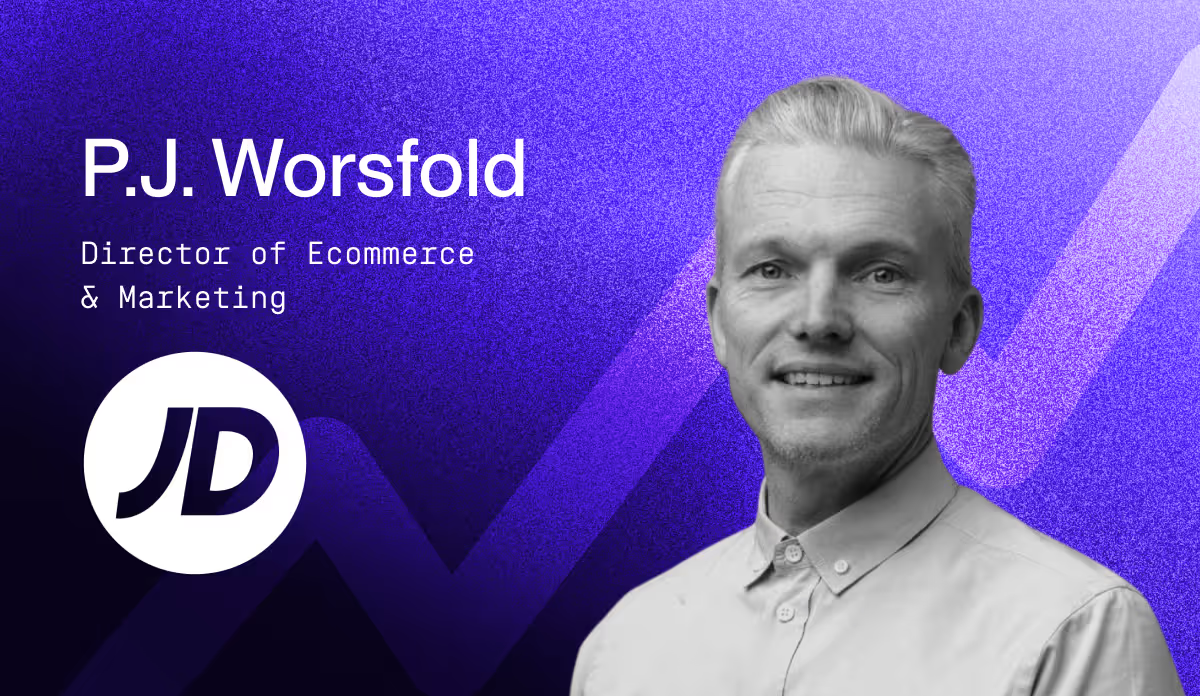Expert Perspectives
Expert Perspectives
Episode 108


In this episode we talked about:
- How to successfully transition legacy brands into the digital age while preserving brand heritage
- The timeless principles of customer journey optimization, from acquisition to post-purchase
- Why database marketing remains crucial across all commerce platforms and channels
- How to build cross-functional alignment during major platform implementations
- The essential framework for balancing established customer bases with new audience acquisition
- Why AI and generative commerce will reshape customer interactions and brand experiences
- The critical role of high-quality video content in future ecommerce strategies
- How to prepare for AI-driven changes in search, SEO, and customer engagement
🎧 Listen now on Apple Podcasts, Spotify, or YouTube

Episode highlights:
03:36 – Modernizing Pendleton’s digital foundation
06:37 – What every great brand has in common
09:09 – Post-purchase matters: The forgotten side of customer experience
09:49 – Reviving heritage brands for a new audience
12:05 – The next platform shift: AI and agentive commerce
15:16 – Who owns the future - search engines or brands?
Rick’s bottom line: Digital transformation isn’t just about new tools — it’s about connecting timeless brand values with modern customer expectations. At Pendleton, success meant uniting every team around the full customer journey, using data to educate, serve, and retain. As AI and agentic commerce redefine the rules, the brands that will win are those that honor their heritage while embracing the intelligence and agility of what’s next.
Rick Ragusa — Transcript
Ecommerce Toolbox: Expert Perspectives
Rick Ragusa: We learned a lot about the customer needing education, moving them through the process, through the conversion, but then ultimately post-purchase to ensure that once they had bought that product and it was in the home, were they enjoying it?
Kailin Noivo: Welcome to another episode of the Ecommerce Toolbox Expert's Perspective. Joining us today, we got Rick Ragusa.
Kailin Noivo: Rick and I know each other from his time at Pendleton's, when he was the VP of ecommerce. So welcome to the show, Rick.
Rick Ragusa: Thanks so much. Great being here.
Kailin Noivo: Awesome. Rick, I always like to learn a bit more about the journeys of our guests.
Kailin Noivo: So I know that you've actually been at a few different companies that are our customers, like the Balsam Brands of the world and Pendleton's, but maybe I'd love to hear a bit more about your career journey and how you ended up in commerce.
Kailin Noivo: Because if I understand, I don't know if you exactly started there or stayed there the whole time in your career. So maybe talk to us a bit about that.
Rick Ragusa: Sure. You bet. Yeah. So I'm gonna probably date myself but I got into retail and direct-to-consumer years ago.
Rick Ragusa: I got my start at Williams Sonoma when the world was all about catalog marketing but the benefit of having worked for Williams Sonoma at that time was multiple brands under one roof and not only direct-to-consumer, which was all being driven by catalog, but retail as well.
Rick Ragusa: So kind of an early omnichannel environment, if you will and making sure that customers were being able to engage with the brands whether directly or in store.
Rick Ragusa: Ecommerce wasn't even on the road map at that point in time, so, ultimately, you know, ecomm came into play when the web came in, when the internet came into play, and I followed that path really for the balance of my career whether it was working on the brand side like you mentioned for certainly companies like Williams Sonoma, Smith & Hawken back in the day, you know, those were in the Bay Area, those were some of the key direct-to-consumer brands that were also operating retail that a lot of us found ourselves spending time with and learning a lot.
Rick Ragusa: And I would say that what was sort of the common thread has been a common thread throughout my career, whether I've been on the brand side or spending a little bit of time on the solution side, it's really all been around this idea of really almost database marketing, right? It always comes back to data, customer data, behavioral data, demographic data, all the data that can be used to leverage the customer experience.
Rick Ragusa: And, obviously, now, as we've been over the last couple of decades heavily in the digital space utilizing lots of new types of data, solutions have expanded, commerce capabilities expanded but I've always found myself in that process of really, to some extent, being a database marketer but being able to do that with great brands that really put the customer at the center of the brand and bring all functions in service of the customer. So, that's been a pleasure.
Rick Ragusa: Obviously, my latest venture was with the Pendleton brand, a fantastic brand, heritage brand out of Portland, unfortunately, they need the whole team in Portland, and I'm in San Francisco.
Rick Ragusa: So, moving on to new opportunities but same thing there, right? You know, a great brand that was moving into really digital transformation and implementing the newest of Salesforce commerce capability. And then, ultimately, before I exited, implementing Marketing Cloud and, again, trying to bring together as much solution side and data to improve customer experience, and that's really kind of been consistent throughout my career.
Kailin Noivo: That's really cool. And maybe talk to us a bit about when you landed versus kind of where you left in your latest role, like, how did you kind of mature the digital organization there?
Rick Ragusa: Yeah. So when I joined, I literally joined Pendleton a couple weeks after they had just signed a new contract with Salesforce to move to the newest technology, SFRA.
Rick Ragusa: And so as I landed with Pendleton, really kind of quickly went to work on ensuring that what had been defined as the key requirements for a new implementation had really been thoroughly vetted before we got into the RFP process on finding an SI to work with us.
Rick Ragusa: So a lot of that in a way was a lot of work very fast, but it was great because it allowed us to, based on the work I had done with other brands in implementations, as well as some of the work I had done in consulting, was to really begin to build that understanding that when we talk about commerce, we're not just gonna talk about the functionality of an ecommerce site, we're gonna talk to the merchandising team, we're gonna talk to the creative team, we're gonna talk to the operations team, right?
Rick Ragusa: We're gonna talk to all functions in the business so that we understand what are the very detailed technical requirements that we need to implement in this new instance of the website.
Rick Ragusa: And so I think that allowed the larger team within Pendleton to understand, you know, it's not just this ecommerce team over here that's gonna be moving things forward.
Rick Ragusa: They're gonna be doing that in partnership with the rest of the functions of the business, and I think that allowed us, although, you know, again, standing up a new site is never a small project, but I think that allowed us to build a new understanding and appreciation for how everybody and every function of the business needs to be part of those types of developments and implementations.
Rick Ragusa: So, I think we learned a lot just by going through the process of implementing SFRA, and that put us on a new sort of communication flow within the business overall. And I think by the time I had left, we had built a much stronger understanding of how everyone was gonna participate in the ongoing road map of what was gonna take the site to, you know, to new levels and improve customer experience that was relevant to the brand itself, right?
Rick Ragusa: When you’ve got such a brand with such great heritage and history, we wanna be able to do as much as we can to bring that to the consumer to help them understand why they are buying, you know, a wool shirt for what the wool shirt has cost and why a blanket is so expensive, so, but all those things are critical to making sure that all functions of the business understand what's going on and how they participate.
Kailin Noivo: Very cool. And you've obviously scaled different brands, some of them that you've mentioned before.
Kailin Noivo: What are, kind of, some of the fundamentals across brands that always kind of stick true?
Rick Ragusa: Yeah. I would say, you know, I think, I'm gonna think back to my time at Serena & Lily, which, you know, is another fantastic brand, and I know that they've grown incredibly well over the years.
Rick Ragusa: And I think when I had joined Serena & Lily, it still was sort of, I'm gonna say in its infancy, excuse the pun, because they started in baby but really, they were sort of at the front end of developing their commerce business, utilizing catalog significantly.
Rick Ragusa: We continue to use catalog, but we also grew pretty significantly into digital marketing and all that it brings to bear.
Rick Ragusa: But I think that experience in Serena & Lily, which I think was common elsewhere, was really sort of understanding the full customer journey because I think at the time that I had joined Serena & Lily, there was a lot of focus, which is totally understandable, on the front end, making sure that the customer understood what was available, what the brand was about, the quality of the product, etcetera, etcetera, but maybe not as much focus on the back end, right, in terms of customer service post-purchase.
Rick Ragusa: And I think we had a great opportunity, and we completely changed that flow that there was now a new appreciation from the time that we were educating.
Rick Ragusa: We learned a lot about the customer needing education, moving them through the process, through the conversion, but then ultimately post-purchase to ensure that once they had bought that product and it was in the home, were they enjoying it?
Rick Ragusa: Were there issues with it? And did we need and how do we need to solve any post-purchase issues?
Rick Ragusa: And so I think that was something that I've carried sort of into Serena & Lily because it was, again, I go back to the early stages of Williams Sonoma, that was, the focus on the customer was so critical that I think as I move through and then especially at Serena & Lily was, hey, wait a minute, you know, there's this whole world that happens post-purchase, and how do we embrace that to make an even better customer experience and ensure we can drive loyalty?
Rick Ragusa: And so that's been consistent and I think we did the same things at Pendleton, which is, let's make sure we understand what's happening post-purchase and have we fully delivered on the customer's expectations?
Midroll: If you're listening to the Ecommerce Toolbox, you're entitled to a podcast exclusive website audit. Go to noibu.com/podcast-audit for a free scan that uncovers the hidden friction blocking your conversions and shows you where you're leaking revenue.
Kailin Noivo: Well, some things are timeless to your point.
Rick Ragusa: Absolutely.
Kailin Noivo: And the customer journey and the customer experience matters, I don't think it goes away, maybe how you look at it and how you analyze the data will change over time, but it's really interesting to hear that.
Kailin Noivo: And when you're thinking about a legacy brand or brand with a lot of history, how does that change how you approach direct marketing?
Kailin Noivo: Do you need to do as much brand investments? Yeah, maybe talk to us a bit about that, like, how are you thinking about that?
Rick Ragusa: Yeah, you know, it's interesting and I'll go back to some degree to Smith & Hawken and to some degree, Serena & Lily, definitely, Peddleton.
Rick Ragusa: Some of the consistencies there were the customer and the audience that knew the brand knew the brand really well and then, it almost kind of fell off the cliff, it's like it was an audience that had no knowledge of the brand and I think that always surprises brands that have been in place for quite sometime, especially those that are, sort of, legacy, heritage brands but nonetheless, that's been consistent in my view over time.
Rick Ragusa: And so, what you realize is you're really now kinda talking and meaning to serve at least a couple different audiences, probably more than that, but really an aware audience and an unaware audience, and so, how do we take this story and experience that people who have been engaged with the brand for, in some cases, years and years, and explain why that’s so critical and present that to an unaware audience?
Rick Ragusa: Because, at the end of the day, it's those elements of the brand and the brand story that are going to attract a new audience and help them to engage with the brand as they discover it.
Rick Ragusa: And so, I think, that was a lot of our focus, which is, how do we ensure that there's an appreciation for this brand story that so many people don't know.
Rick Ragusa: Let's make sure we tell that story appropriately and I think in working with the creative team at Peddleton, we made a lot of movement forward in ensuring that when you came to the site, however, or entered the stores, no matter how you engage with the brand, you are learning about the rich story and the heritage of the brand and I think that has allowed for a lot of improvement with other brands I worked for, it’s making sure that, you know, we tell that story appropriately.
Rick Ragusa: You know, the customer has needs throughout their journey and we want to address those needs but we also want to make sure that they are learning about the brand, yeah.
Kailin Noivo: Very cool. I think we've chatted a lot about the constance of commerce, which you've seen through multiple platform shifts, from offline to online.
Kailin Noivo: Do you think there’s a platform shift with agentic shopping, the introduction of AI, and these LLMs? Do you think that’s gonna be a platform shift?
Kailin Noivo: Or is that gonna be more of like a channel, like social media? Just to hear your thoughts.
Rick Ragusa: Great question. You know, I was just at Dreamforce and starting in on a few sessions, and one in particular in commerce and agentive commerce, and it's incredibly impressive.
Rick Ragusa: I think what it clearly points out is that you really are gonna have to have your data environment in order, because without really strict discipline, if you will, around the data, which is really what you need to drive that agentive experience, you may be caught a little bit at a loss.
Rick Ragusa: So I was thoroughly impressed by what we saw in terms of some of the latest development that's coming out of Salesforce, obviously having just come from Commerce Cloud rolled by Salesforce and having been in the early days with demand where, which ultimately became Commerce.
Rick Ragusa: It was great to see that kind of development.
Rick Ragusa: I think it changes, so often we are focused around how customers engage on desktops versus on mobile, being mobile first, etcetera etcetera but I think now, when you think about mobile first, it puts it into a whole new light in terms of how the consumer or the customer not only engages with their device but the expectation as to what they are gonna expect that experience to be like as you bring in that kind of capability, it changes the whole customer interaction with the technology as well as with the brand and so, yeah, I mean, I think it’s platform change to the extent that it’s gonna set a whole new level of expectation for the customer and that’s gonna happen incredibly fast, it is happening already but it’s gonna happen incredibly fast and then so,
Rick Ragusa: I think definitely for the younger consumer who is digesting and consuming new capability at a rapid pace versus maybe that older consumer that maybe isn't engaging with technology as well, I think it’s gonna start to bring some of that together because it becomes so intuitive on being able to engage technology that my sense is that that new platform will be easier to engage across different user types as we move forward.
Rick Ragusa: I could be wrong, but based on what I've seen, I think it almost levels the playing field, because it becomes a sort of very human intuitive interaction process and experience. So that's kind of what I was seeing coming out of Dreamforce.
Kailin Noivo: And do you think that all centralizes under, like, one main LLM, like, for example, Google or ChatGPT, or do you think it's still gonna be, like, hosted on your own website? Do you know what I mean?
Kailin Noivo: Like, where you'd go to a URL through a browser and then interact there, or do you think it goes, like, it removes a layer?
Kailin Noivo: You know what I mean? Like, the layer in the middle gets removed.
Rick Ragusa: Yeah, I mean, my expectation would be that it brings a lot of power back into the brand itself to self-manage and develop.
Rick Ragusa: It's a great question.
Rick Ragusa: I think, clearly the search engines are busy searching for a land grab on where and who's gonna win out but, ultimately, I think it's gonna put a lot of power back into the brand side, based on the way the technology is being developed and presented to the industry.
Rick Ragusa: So it'll be interesting to see. Certainly, we're already seeing massive changes in how search and SEO are working and how it will work forward based on LLM. Yeah. Yeah.
Rick Ragusa: I mean, it's gonna shift dramatically, but I get the sense that it's gonna allow the brands to be far more nimble and allow them to advance their experiences, really independent of the larger search engines, but it'll be interesting to see.
Rick Ragusa: I think, certainly, they're looking to be able to bring that kind of entire solution to the brands and to the industry but I think because of the technology and the way it's been developed, it allows the brands to really kind of own it, if you will.
Rick Ragusa: So we'll see where that splits. I don't know.
Kailin Noivo: I agree. As we look to wrap up, Rick, maybe talk to me a bit about what do you think some of the biggest trends are gonna be for next year and where do you think folks that are heading up ecomm and digital divisions, where should they be placing their bets? Well, I
Rick Ragusa: Well, I think, you know, we've seen the trend for quite some time. I think in terms of the importance of video, whether it's gonna be AI-generated or sort of more traditional production, the consumer is engaging with content in a very different way, and the consumer wants to engage with the brands in a way that helps them to really understand the value of the brand.
Rick Ragusa: And there's so much that can be brought to and told in, you know, the video format, just as a visual format that I think that needs to have really high-quality video to really help the consumer engage with the brand and understand the product is gonna become imperative.
Rick Ragusa: That, I think, and how we now will be able to produce video will be so fast, and it'll allow brands to iterate, I think the idea of being able to iterate and test and tweak creative and tweak content to optimize it to a perfect level where you're truly meeting the customer's needs as they learn about the brand and the product and then ultimately convert, that I think is going to be and will have to be the primary focus for the commerce space just because I think that is how the consumer is going to want to experience the brand.
Rick Ragusa: And so, again, I know that there's the constant argument and discussion around, does AI help develop jobs?
Rick Ragusa: Does it take jobs away?
Rick Ragusa: I don't know that anybody really knows the answer to that just yet, but it would seem to me that it's creating new requirements.
Rick Ragusa: So I think the types of jobs are probably gonna continue to shift and introduce new opportunities for people and functions that will continue to develop in order to support a new world of commerce and how the consumer will expect to engage with the brand. That's what I'm seeing.
Kailin Noivo: Makes a lot of sense.
Kailin Noivo: I think through all these platform changes, there's some constants, and then there's some unknowns and I'm very curious to see where we land. Rick, it was amazing catching up with you.
Kailin Noivo: Thanks again for hopping on the show, and we're excited to see where you land next.
Rick Ragusa: I appreciate it. Great talking with you. Take care.
Outro: The Ecommerce Toolbox Expert Perspectives is brought to you by Noibu. To find out more about Noibu and how we can help you debug your ecommerce site and rocket your revenue, visit www.noibu.com. That's n-o-i-b-u.com. And then make sure to search for the Ecommerce Toolbox Expert Perspectives on Apple Podcasts, Spotify, or anywhere else podcasts are found, and click subscribe so you don't miss out on any future episodes. On behalf of the team here at Noibu, thanks for listening!
Other episodes
Audit your site today
Understand the revenue impact of all errors on your site and how to swiftly reproduce and resolve.





.png)
.png)
.png)
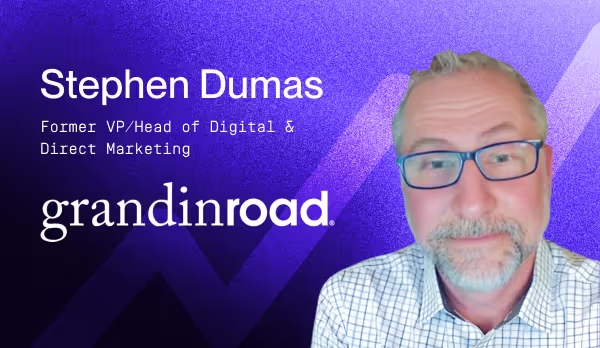
.avif)
.avif)
.avif)
.avif)
.avif)
.avif)
.avif)
.avif)
.avif)
.avif)
.avif)
.avif)
.avif)
.avif)
.avif)
.avif)
.avif)
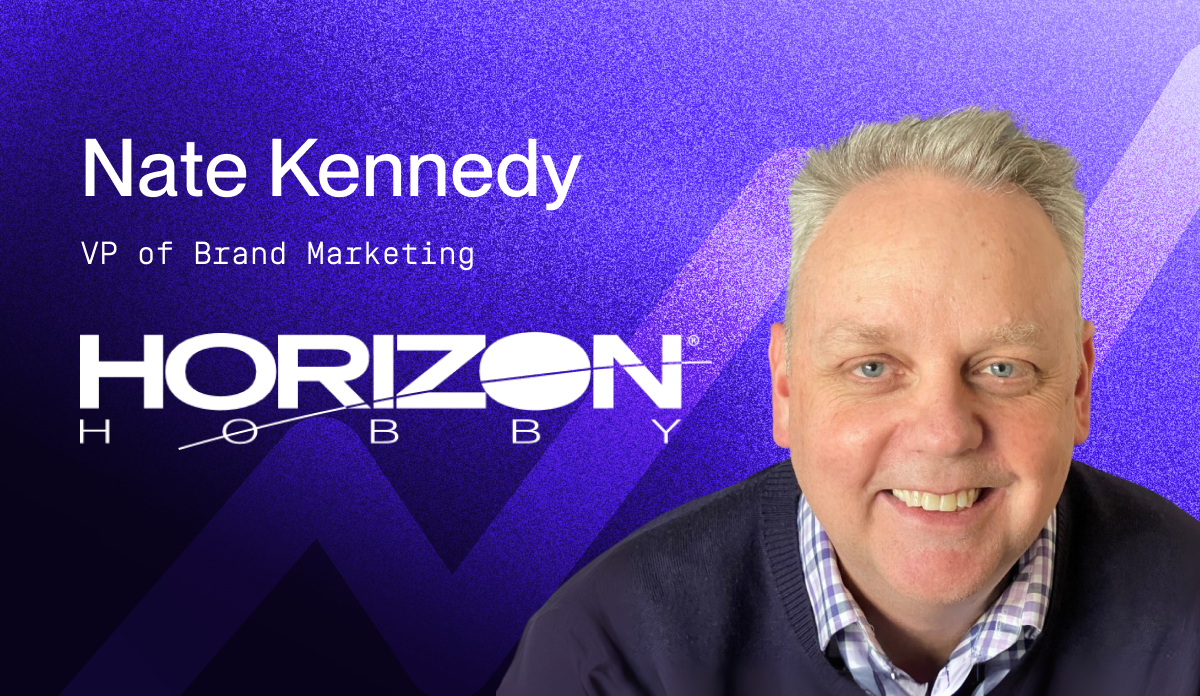
.avif)
.avif)
.avif)
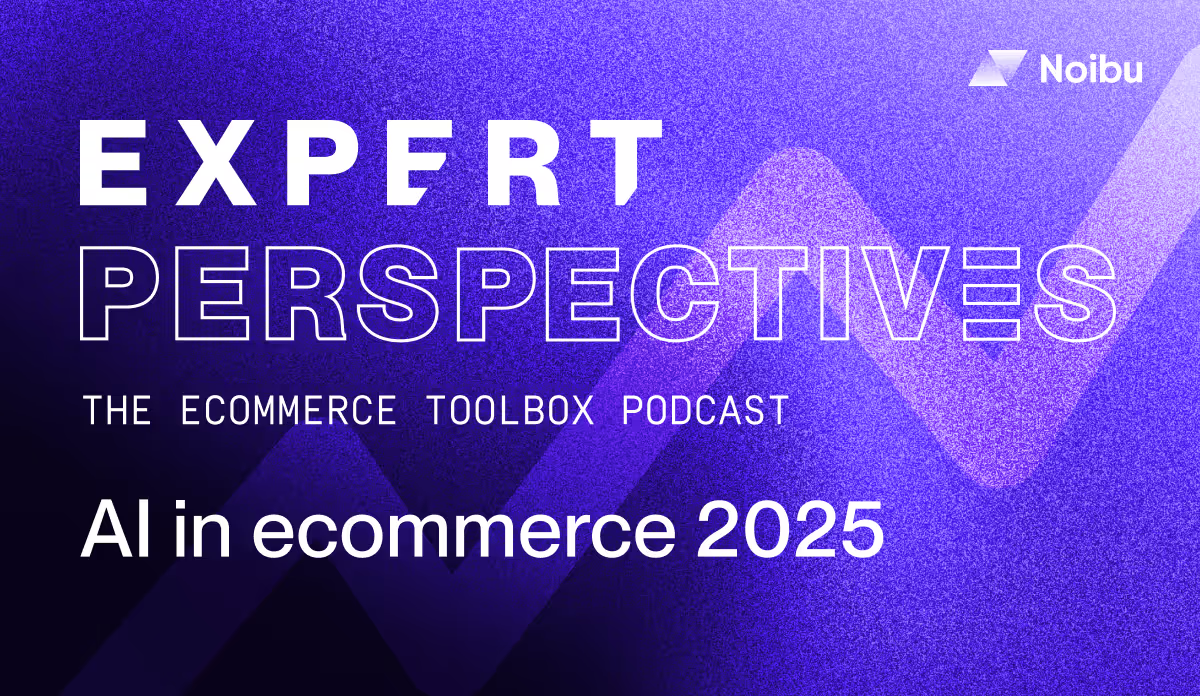
.avif)
.avif)
.avif)
.avif)
.avif)
.avif)
.avif)
.avif)
.avif)
.avif)
.avif)
.avif)
.avif)
.avif)
.avif)
.avif)
.avif)

.avif)
.avif)
.avif)
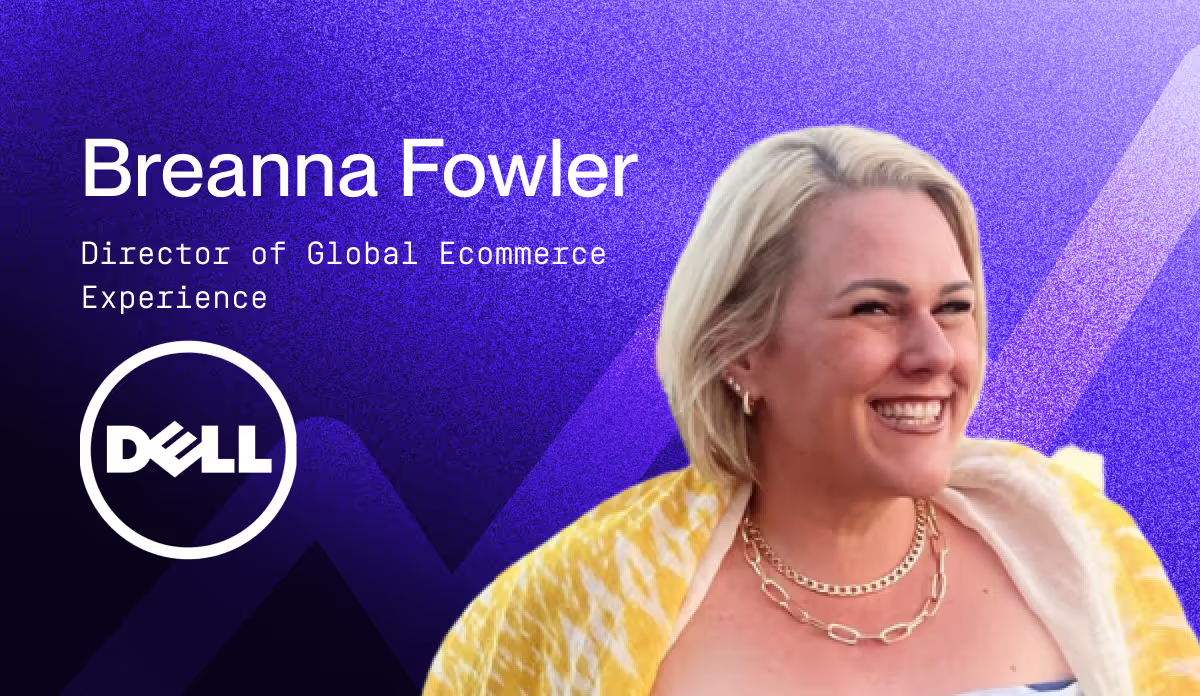
.avif)
.avif)
.avif)
.avif)
.avif)
.avif)
.avif)
.avif)
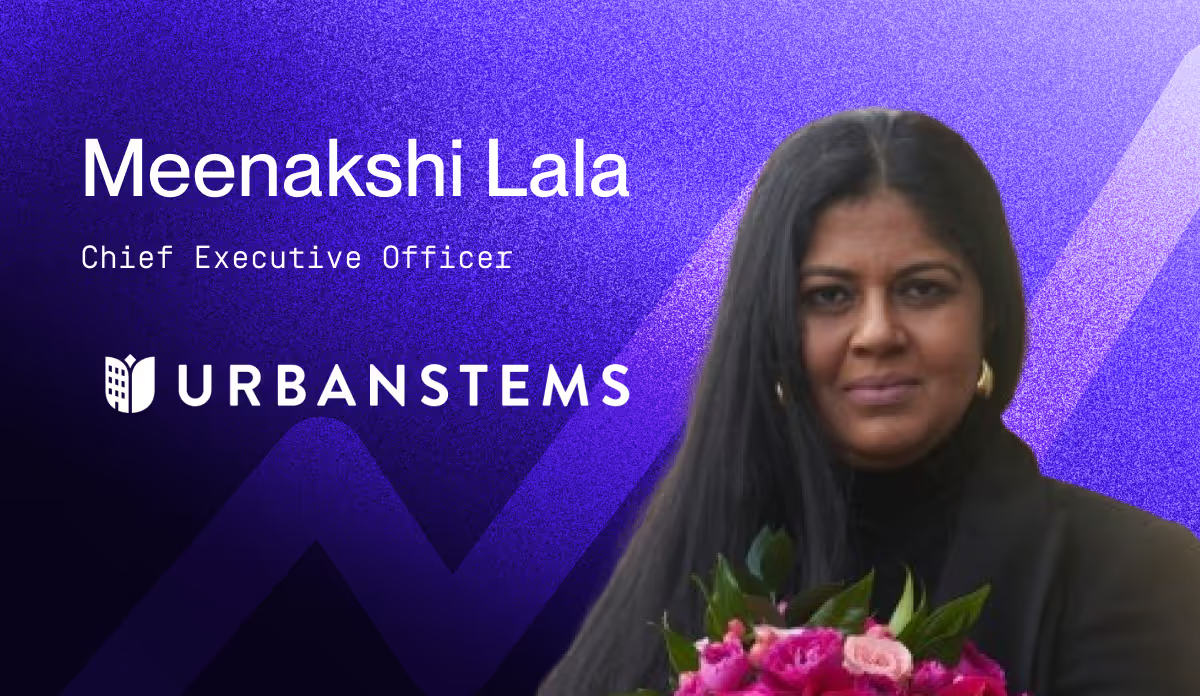
.avif)
.avif)
.avif)
.avif)
.avif)
.avif)
.avif)
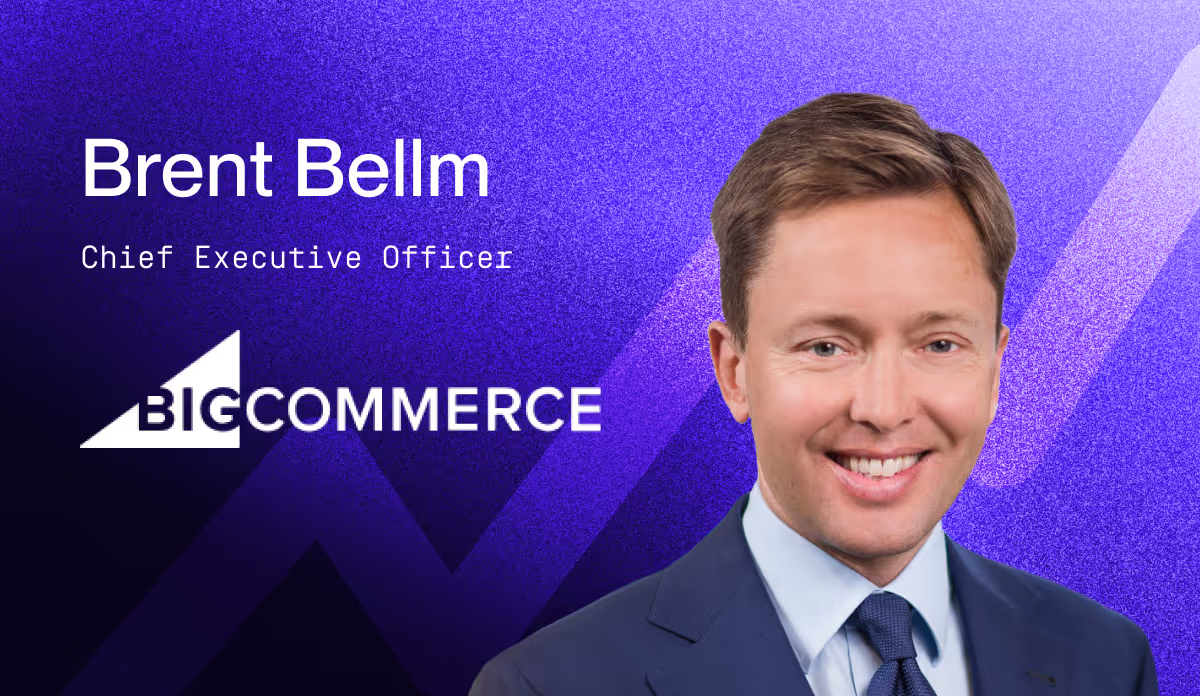
.avif)
.avif)
.avif)
.avif)
.avif)
.avif)

.avif)
.avif)
.avif)
.avif)
.avif)
.avif)
.avif)
.avif)
.avif)
.avif)
.avif)
.avif)
.avif)
.avif)
.avif)
.avif)
.avif)
.avif)
.avif)
.avif)
.avif)
.avif)
.avif)
.avif)
.avif)
.avif)
